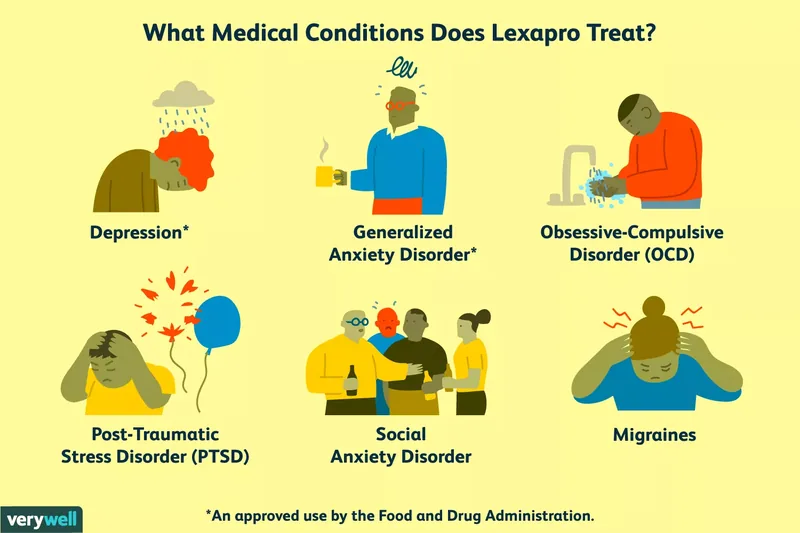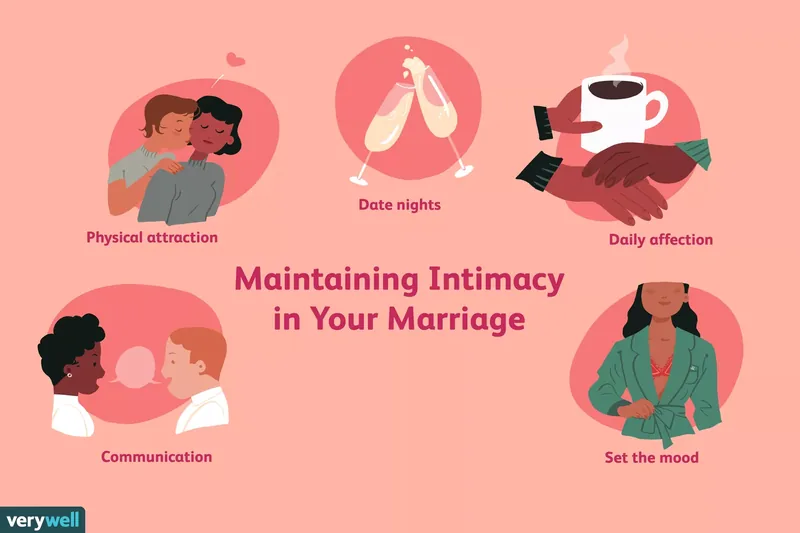Ever found yourself casually adding "...and stuff" to the end of a sentence, only to immediately second-guess if you sounded vague or even unprofessional? In our quest for clear communication, we often overlook the subtle, yet powerful, role these everyday phrases play in connecting us. The challenge isn't eliminating them, but understanding their true purpose.
Many of us are taught to be precise, to articulate every detail. Yet, in real-world conversations, an unwavering commitment to exhaustive detail can often lead to stilted interactions, impatience, and even misunderstanding. We grapple with the desire to be understood fully, while simultaneously fearing that shortcuts like "and stuff" might undermine our message or signal a lack of effort. This tension creates a common communication dilemma: how to be efficient and engaging without sacrificing clarity.
The Unspoken Language of Connection
That seemingly innocuous phrase, "...and stuff," along with its cousins like "...and all that," "...and things," or "...and whatnot," is a ubiquitous feature across global Englishes. From British colloquialisms to North American casual speech, these linguistic tack-ons are everywhere. This widespread adoption isn't accidental; it points to a deep, functional importance in how we communicate and connect.
Consider the rapid pace of modern life and the sheer volume of information we process daily. If every conversation demanded encyclopedic detail, our interactions would become exhausting. The very act of saying "...and stuff" is a subtle nod to this reality, a conversational shortcut that acknowledges shared context and unspoken understanding, making our dialogues more fluid and less burdensome for everyone involved.
Why Precision Isn't Always the Path to Clarity
Traditional communication advice often champions absolute precision, advocating for the elimination of anything vague. However, rigidly adhering to this can backfire in social settings. Imagine a friend describing their weekend: "I went hiking, then I read a book about existentialism, after that I did laundry, then I called my mom, and finally, I baked a sourdough loaf." While perfectly clear, this level of detail can feel overwhelming and even tedious.
This is where the traditional approach of exhaustive listing fails. It neglects the human element of conversation, where efficiency and emotional connection often take precedence over granular data transfer. Trying to be too explicit can ironically create distance, as it implies a lack of shared understanding or trust in the listener's ability to infer.
Decoding General Extenders: The Linguistic Perspective
In linguistics, phrases like "and stuff" are formally known as general extenders. These aren't signs of linguistic sloppiness; instead, they are sophisticated tools that allow a speaker to broaden the scope of their statement without needing to enumerate every single item. When someone says, "I love going to the farmers market for fresh produce, artisan bread, and stuff like that," they're not just listing items. They're implicitly inviting you to infer a broader category of related, desirable goods, perhaps organic, locally sourced, or gourmet items.
This reliance on shared knowledge is a cornerstone of effective communication. As researchers in sociolinguistics, like those at Stanford, have observed, general extenders enable speakers to adhere to what is often called the "maxim of quantity" – providing just enough information to make your point, without overwhelming your audience. For instance, if you're talking about your morning routine and mention "coffee, a quick workout, and stuff," your listener likely understands you mean other typical morning activities, not that you then juggle flaming torches or wrestle a bear.
Beyond Information: How "...and Stuff" Builds Rapport
The power of "...and stuff" extends far beyond mere efficiency; it's a social lubricant. Its use signals a subtle form of interpersonal closeness and positive politeness. By employing such a phrase, the speaker implicitly communicates: "I trust you to 'fill in the blanks' here. We share enough common ground that I don't need to spell out every detail for you." This reliance on shared understanding fosters a sense of camaraderie and mutual respect.
Consider these additional examples:
- Hobbies: "I really enjoy painting, gardening, and stuff like that on weekends." (Implies creative, relaxing, or nature-based pursuits.)
- Event Planning: "We need to get the invitations out, confirm the catering, and stuff before the party." (Suggests all the logistical tasks associated with event preparation.)
- Explaining a Concept: "It's about understanding the core principles, the implications, and stuff, rather than memorizing every fact." (Encourages a focus on broader comprehension and related aspects.)
This linguistic shorthand is a testament to the strength of your relationship with your conversational partner. A recent observation by Harvard's communication studies department suggests that such shared linguistic economy can significantly strengthen social bonds, making interactions feel more natural and less formal. It's a verbal high-five, saying, "I get you, and I know you get me."
Embracing Nuance: A Framework for Better Communication
Instead of viewing phrases like "and stuff" as flaws, we can reframe them as essential tools for nuanced and empathetic communication. The solution isn't to purge them from our vocabulary but to understand when and why they work, leveraging their power to build stronger connections. This involves a shift from rigid precision to mindful flexibility.
Here's a framework for embracing linguistic vagueness:
- Recognize the Intent: When you or others say "and stuff," understand it often signifies a desire for efficiency and an assumption of shared context. It's rarely about being truly vague but about being selectively detailed.
- Cultivate Shared Knowledge: The more you engage with others, the more common ground you build, making these shortcuts even more effective. This is particularly relevant in 2025, where diverse backgrounds meet in both online and offline spaces.
- Practice Active Listening: Instead of focusing on what's not said, pay attention to the implied categories. What kind of "stuff" would naturally follow the mentioned items? This enhances your interpretative skills.
- Use Strategically for Rapport: Intentionally use general extenders when you want to signal warmth, trust, and a relaxed atmosphere. This is particularly effective in informal settings or when building new relationships.
- Observe Context: Understand that the meaning of vague terms like "old" or "rich" is always context-dependent. What's "old" to a teenager is different from what's "old" to a 60-year-old. This highlights that linguistic vagueness is a necessary, built-in feature of language itself (Brinton, 2024).
People Also Ask: Common Questions About Vague Language
Is saying "and stuff" considered bad grammar?
No, saying "and stuff" is not inherently bad grammar. Linguistically, it's a functional general extender that serves specific communicative purposes like efficiency and signaling shared understanding. While it might be considered informal in highly formal contexts, its widespread use across various English dialects confirms its integral role in natural conversation.
How can I avoid sounding vague if I want to be more precise?
If precision is crucial, especially in professional or academic settings, focus on replacing general extenders with specific examples or a concise summary of the implied category. For instance, instead of "We need to improve our marketing, and stuff," you could say, "We need to improve our marketing, specifically our social media engagement and email campaigns."
Does using "and stuff" make me sound less intelligent?
Not necessarily. While overuse in formal contexts might create a perception of imprecision, strategic use of "and stuff" can actually make you sound more relatable and adept at navigating social dynamics. It demonstrates an understanding of conversational flow and an ability to trust your listener's comprehension, reflecting social intelligence rather than a lack of intellect.
What are other common general extenders besides "and stuff"?
Other common general extenders include "and all that," "and things," "and whatnot," "and so on," "or something," "and whatever." These phrases all function similarly, allowing speakers to imply a broader category of related items or ideas without explicitly listing them, relying on shared context to complete the meaning (Pichler & Levey, 2011).
By embracing the subtle power of phrases like "and stuff," we move beyond rigid notions of correctness to a richer understanding of human communication. These linguistic shortcuts aren't just about saving words; they're about fostering connection, building rapport, and navigating the complexities of social interaction with grace and efficiency. The next time you hear or say "...and stuff," remember you're participating in a sophisticated dance of shared meaning, strengthening the bonds of understanding, and well, all that stuff.








